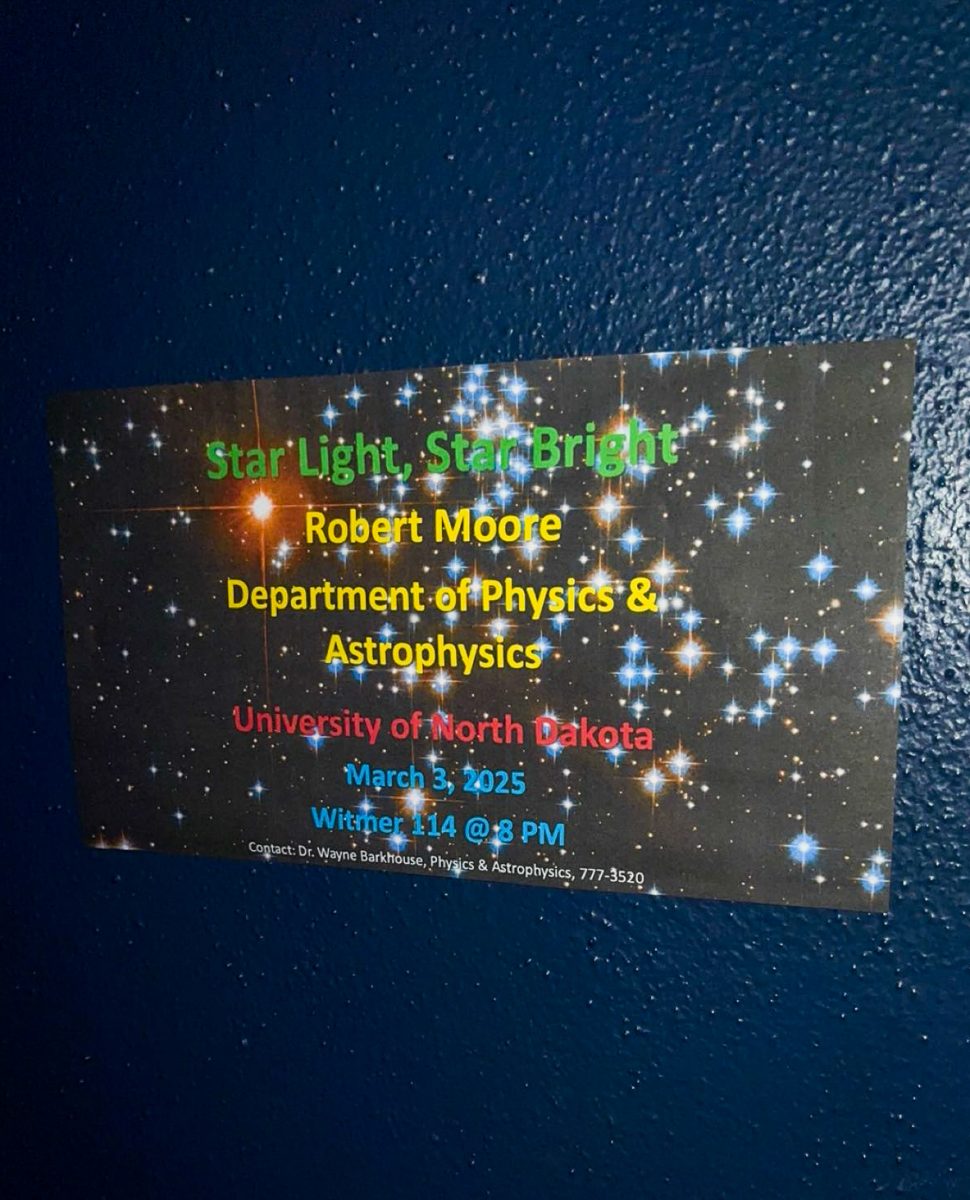As we now look back at the past month, as it could easily feel like it has flown by, let us take a moment to dive a little deeper into why leap years exist and what makes February, the shortest month of the year, so special.
Typically, in normal years, there are 365 days. However, every four years we gain an extra day that is added onto February, and these are referred to as leap years. The most recent one was in 2024, and we will not have another until 2028.
A year is defined as the period that it takes for the earth to make one complete trip around the sun, and this rotation around the sun dictates the seasons and number of hours of daylight that we experience throughout the course of the year.
However, a problem arises when we take into consideration that it actually takes 365 days and five hours 48 minutes for the earth to orbit the sun. Although this is not a drastic amount of time, if we did not correct for this extra time, our current Gregorian calendar system, the tracking time system that has been in place since 1582, our seasons will begin to drift and throw everything off. This is counteracted by adding an extra day to our yearly calendars every four years or occasionally every eight.
This additional day is always added on to the end of February, marking Feb. 29; these years are known as leap years. The practice of implementing leap years is not a new idea, and in fact, it can be dated back to the Roman Empire when Julius Caesar introduced the first ever leap year to improve their own calendar’s accuracy in 45 B.C.
Although this may only prove to be a trivial piece of knowledge or something that you have not given much thought to, it is thanks to leap years that we have an accurate calendar system that works and helps us predict when our seasons will always occur. It has economic implications as well, specifically in the agricultural sector of our economy that relies heavily on forecasting when the growing season and harvest will occur.
Next leap year, take into consideration the practical and logical reason that leap years occur and why they will continue to occur in the future as we try to keep up with our almost perfect, yet imperfect, system of tracking time and the Earth’s rotation around the sun.
Daniel Silva is a Dakota Student General Reporter. He can be reached at daniel.silva@und.edu.




